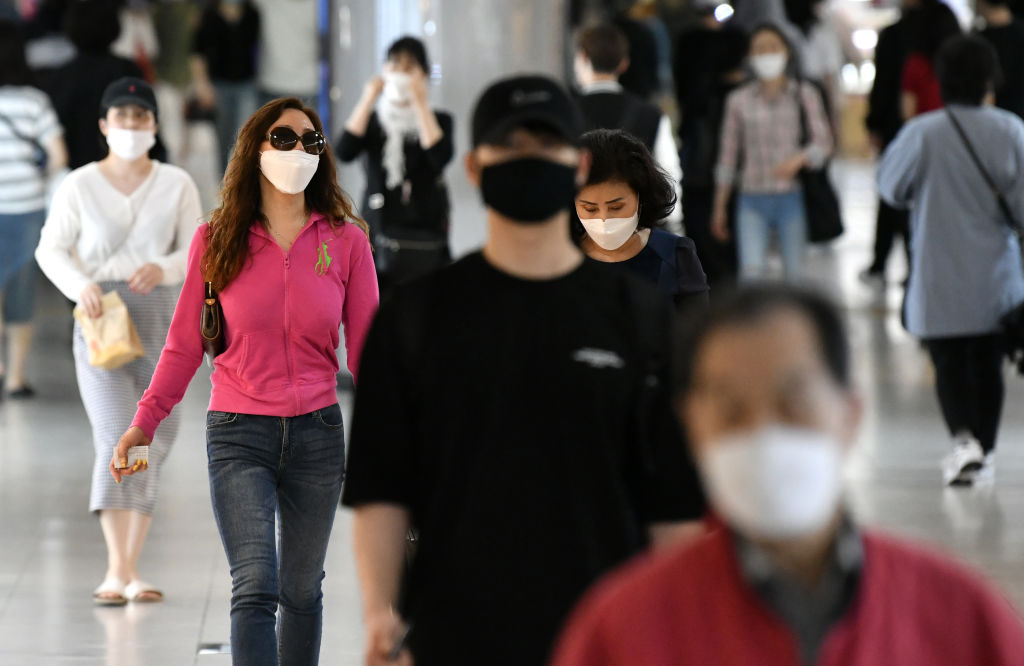A 'second wave' of COVID-19 hits South Korea sooner than expected


A free daily email with the biggest news stories of the day – and the best features from TheWeek.com
You are now subscribed
Your newsletter sign-up was successful
South Korean officials say the country is experiencing a "second wave" of COVID-19, which came sooner than anticipated.
Jeong Eun-kyeong, director of the Korea Centers for Disease Control and Prevention, on Monday said a second wave of coronavirus infections in the Seoul area began in early May following a holiday weekend, Reuters reports.
"In the metropolitan area, we believe that the first wave was from March to April as well as February to March," Jeong said. "Then we see that the second wave which was triggered by the May holiday has been going on."
The Week
Escape your echo chamber. Get the facts behind the news, plus analysis from multiple perspectives.

Sign up for The Week's Free Newsletters
From our morning news briefing to a weekly Good News Newsletter, get the best of The Week delivered directly to your inbox.
From our morning news briefing to a weekly Good News Newsletter, get the best of The Week delivered directly to your inbox.
Jeong noted that South Korea's prediction that a second wave of COVID-19 would emerge in the fall or the winter "turned out to be wrong," adding, "as long as people have close contact with others, we believe that infections will continue."
Daily new cases of COVID-19 in South Korea fell to less than 10 in April. But "just as the country announced it would be easing social distancing guidelines in early May, new cases spiked, driven in part by infections among young people who visited nightclubs and bars in Seoul over the holiday weekend," Reuters writes, noting that South Korea just reported 17 new cases after confirming 48 the day before. The country has reported more than 12,000 COVID-19 cases during the pandemic.
At the end of May, more than 200 schools in South Korea closed after new cases spiked, and Seoul Mayor Park Won-soon now says that strict social distancing measures may have to be put into effect again, BBC News reports. The Seoul mayor is also warning, per The Washington Post, that the R-number indicating how many people someone with COVID-19 spreads the virus to has risen and that if it "stays at the figure seen 10 days ago, daily new infections are expected to reach around 800 a month later."
A free daily email with the biggest news stories of the day – and the best features from TheWeek.com
Brendan worked as a culture writer at The Week from 2018 to 2023, covering the entertainment industry, including film reviews, television recaps, awards season, the box office, major movie franchises and Hollywood gossip. He has written about film and television for outlets including Bloody Disgusting, Showbiz Cheat Sheet, Heavy and The Celebrity Cafe.
